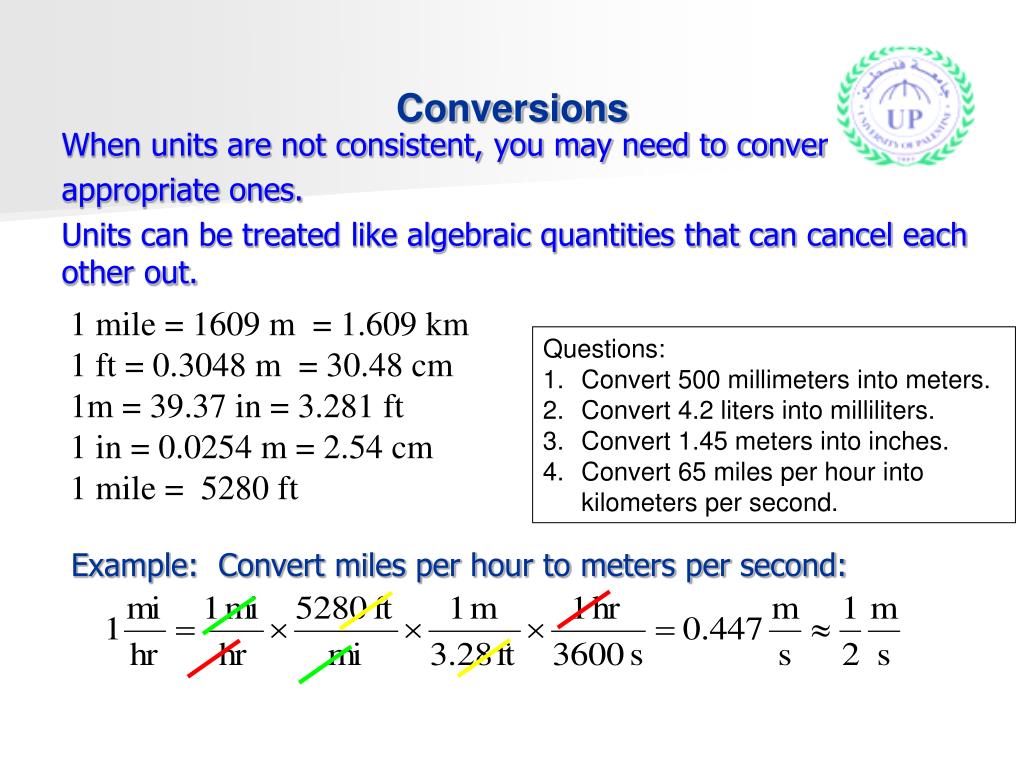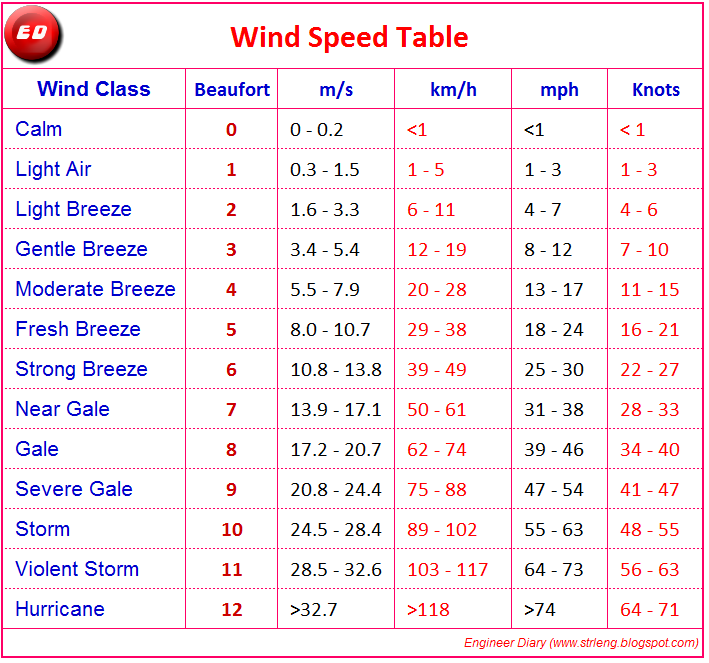

One meter per second converted into mile per hour equals 2.24 mph 1 m/sec 2. The kilometer per second is also used when meters per second is too slow a measurement, such as in astronomical measurements and higher velocities. Exchange reading in meters per second unit m/sec into miles per hour unit mph as in an equivalent measurement result (two different units but the same identical physical total value, which is also equal to their proportional parts when divided or multiplied). Although this unit has seen some support, particularly in Germany, the unit benz was rejected as the SI unit of velocity.Ĭurrent use: As the SI derived unit of speed and velocity, the meter per second and its multiples are used widely within scientific contexts. The unit benz, named after Karl Benz, a German engine designer and automobile engineer (and founder of the company that would eventually merge and produce the Mercedez-Benz line of automobiles) has been proposed as a named for one meter per second. History/origin: The meter per second is a unit that was derived based on the SI units of meters and seconds. It is equal to exactly 3.6 kilometers per hour, approximately 3.2808 feet per second, and approximately 2.2369 miles per hour. Sound moves through the air at a speed of around 343 meters per second, which is 1234.8 km/h or 767 mph (at 20 ☌ / 68. The time it takes for the light from the Sun to reach the Earth is around 8 minutes. To convert miles per hour to km per hour and view the conversion table. It is defined as the distance traveled in meters divided by the amount of time taken in seconds. Light moves at the speed of 299 792 458 meters per second, what approximately gives 300 000 kilometers per hour or 186 000 miles per second. 220 kph 61,1111 m/s: 50 kph 13,8889 m/s: 250 kph 69,4444 m/s: Do you like. Meter per secondĭefinition: A meter per second (symbol: m/s) is an SI (International System of Units) derived unit of speed and velocity. It is also used in the Canadian rail system, though the Canadian road systems use km/h. It is most widely used in the United States, the United Kingdom, and their related territories. One mph equals exactly 1.609344 kilometers per hour (km/h).Ĭurrent use: Along with km/h, mph is most typically used in relation to road traffic speeds. 1 pixel per tick is equal to 1/16 tiles (16 pixels in a tile) per 1/60 seconds (60 ticks in a second), hence the conversion factor between miles per hour. It expresses the number of statute miles traveled over the period of one hour. So depending on the engine, gearbox, final drive and tyre diameter. Zinc diacetate dihydrate weighs 1 735 kg/m³ (108.Definition: The unit miles per hour (symbol: mph) is a measurement of speed in the imperial and United States customary systems. The conversion can be done thanks to the following formula: (3) v ( m / s) 1000 3600.

Calculate how much of this gravel is required to attain a specific depth in a cylindrical, quarter cylindrical or in a rectangular shaped aquarium or pond List of these foods starting with the highest contents of Lactose and the lowest contents of Lactose Gravels, Substances and OilsĬaribSea, Freshwater, Eco-Complete Cichlid, Gravel weighs 1 153.33 kg/m³ (72.00004 lb/ft³) with specific gravity of 1.15333 relative to pure water. 248 meters per second equals 554.76 miles per hour Amount From To Conversion formula The conversion factor from meters per second to miles per hour is 2.2369362920544, which means that 1 meter per second is equal to 2.2369362920544 miles per hour: 1 m/s 2. SPICY CHAI SEED and NUT BAR, UPC: 027829625627 contain(s) 625 calories per 100 grams (≈3.53 ounces) ģ93 foods that contain Lactose. Seconds per meter to meters per second conversion cards


 0 kommentar(er)
0 kommentar(er)
